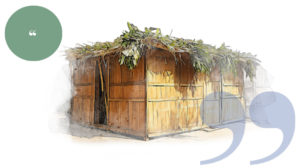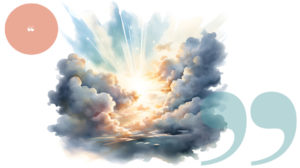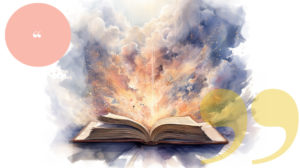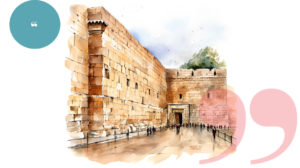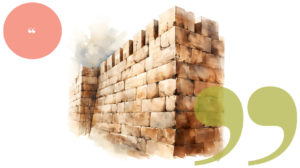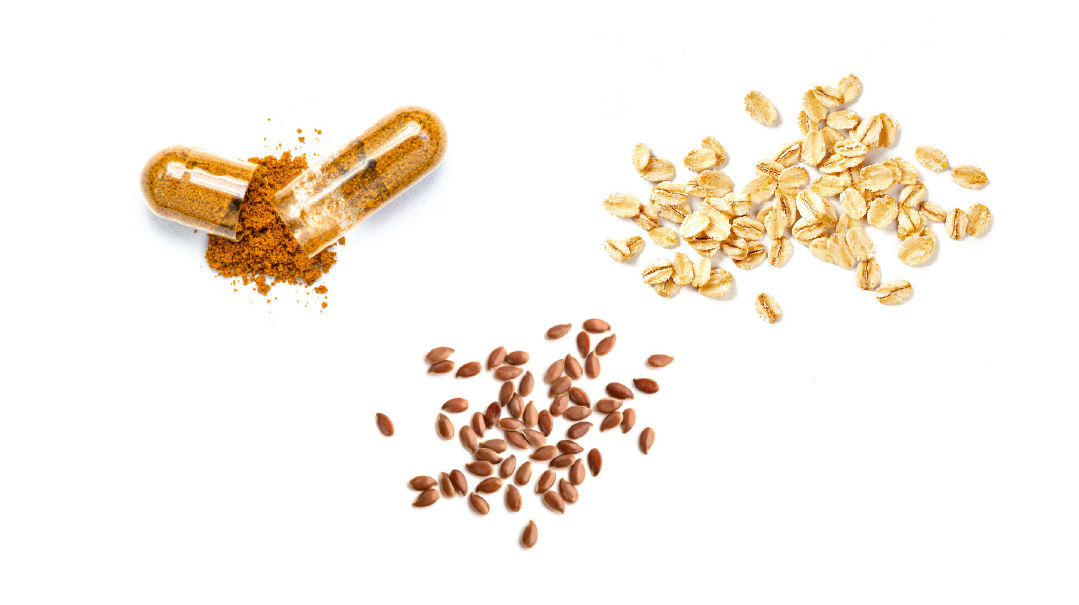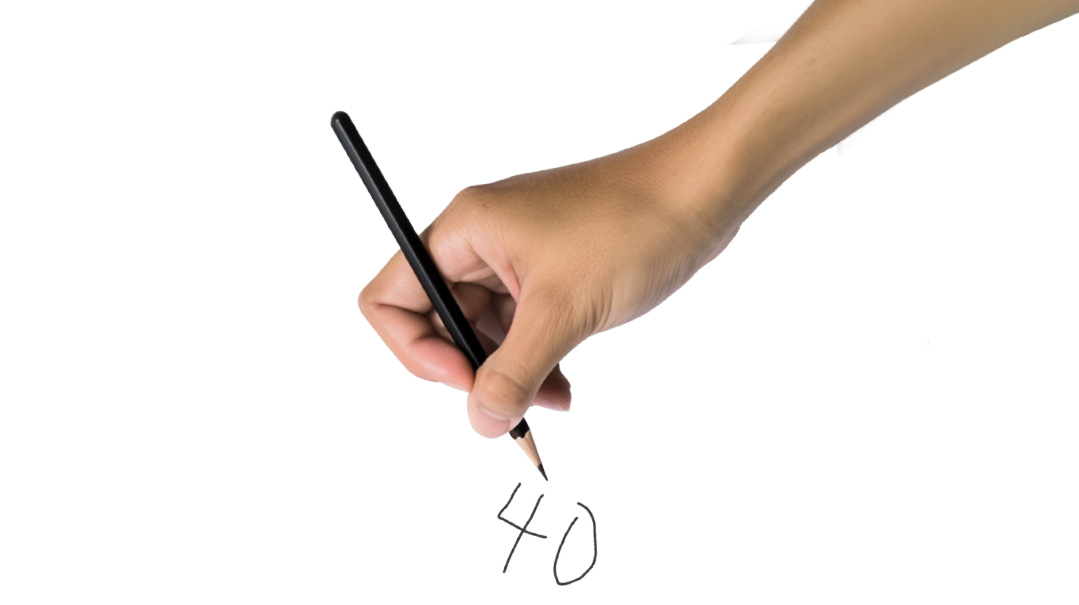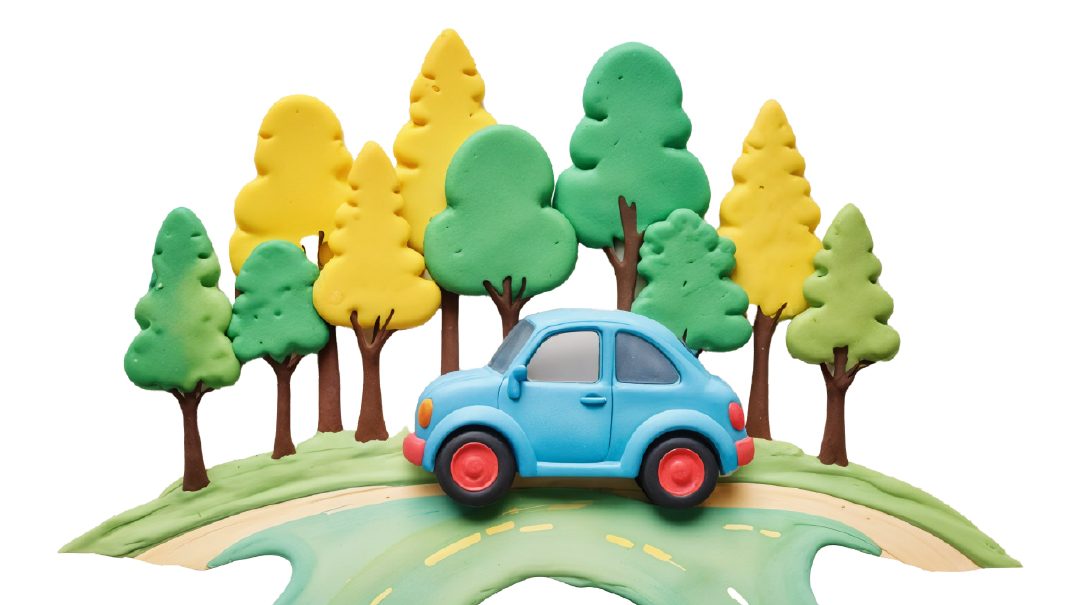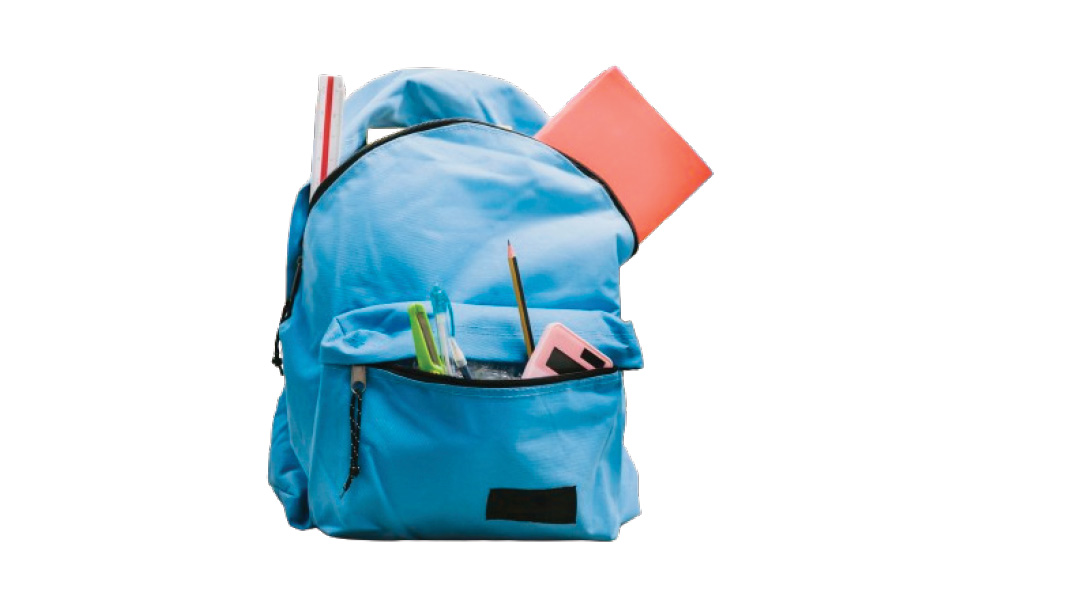Forever His Child
| December 24, 2014
I see them everywhere.
Mothers and children, children and mothers.
Mothers picking up children from preschool, hugging them close, reading the notes teachers pinned to little backpacks. Mothers coming to shul every Shabbos at Mussaf’s end, propping little ones up against the mechitzah, peeking and pointing at their fathers davening. Children going food shopping with their mothers, little legs dangling from the wire seats of the shopping carts, babbling innocent high-pitched nonsense that haunts me.
It wasn’t always this way. Mothers and children used to be just another element of the stream of this thing called life. Now they stand out, biting and taunting, making me feel that my childless status whispers to the world, “She’s not part of this world — she’s not a mother.” I see them as if in a silent film, playing and playing, and I want to scream. I want it to stop, but it won’t stop, it never stops.
Yes, I know having children is not always rosy. But I still think it beats having no children at all to pick up from school. It beats slowly walking home after Shabbos davening with no little ones in tow tripping over your feet. It beats placing a Styrofoam carton of eggs and bag of cheese in the shopping cart seat where a child should sit.
What makes it even harder is that I went to preschool with those mothers picking up those little ones. It’s harder still when the number of newlyweds who earnestly show up early to davening every Shabbos morning slowly has trickled down to practically nil. Those same kallos now show up at the end of davening, clutching blue and pink swathed bundles of life. It’s even harder when I bump into my friends at the supermarket with their two expecting number three (but who’s counting?) kids, while no life has ever stirred within me.
I want. I want to be a mother. And those mothers and children, and the sweeping, never-ending rush of child-centered simchahs constantly remind me of it. Often, I have to fight back hot stinging tears while quickly passing the baby aisle in Target, or I have to run out of a baby kiddush before I break down in front of all my neighbors.
I have so many blessings in my life; sometimes I feel dizzy with gratitude. I try so hard not to live my life on hold, because it is filled with so much goodness right now. But still… watching that cadre of mothers and children makes me feel so empty and wistful and broken. Maybe it’s because it’s hard not to have what everyone else seems to have so easily. Or maybe it’s a deeper, more sinister schema that I possess, which grates and grinds me raw, which deceptively tells me a Jewish woman is whole and holy primarily because she is a mother. And I am not.
I comfort myself with the truth that’s even deeper than those black and choking thoughts. My upbringing may have reverberated with the call that “Our Imahos were so special because they were the mothers of Klal Yisrael, and we must live up to that legacy,” been filled with truths that were so empowering to an aspiring young woman, but which now weary this childless wife into feeling inadequate and small.
But there exists a softer, subtler background to the majestic mesorah of motherhood: the Imahos were not always mothers. Three out of four had to wait. And yet they were still so whole, so holy. They were still deeply connected to their Creator, despite their empty bodies and empty arms — in fact, the emptiness drew them close.
This is a small drop of warmth that, if I allow it to, trickles slowly through me, an elixir of comfort and light. Yes, it’s still hard to see that parade of mothers and their children dance past while I stand alone in the shadows. Indeed, I may not yet be able to draw inspiration from the mothering heritage of the Mothers of our People. But I can draw strength from them as holy women who were so connected, so complete, so pure. They may not have always had children of their own, but Hashem was always their Father.
It’s this truth that helps me shake off my insecurities at night, hold my head up a little higher, and face the breaking day with strength and hope. I may not yet be a mother. But I am always, always, whole — because I am forever Hashem’s child.
(Originally featured in Family First, Issue 422)
Oops! We could not locate your form.

